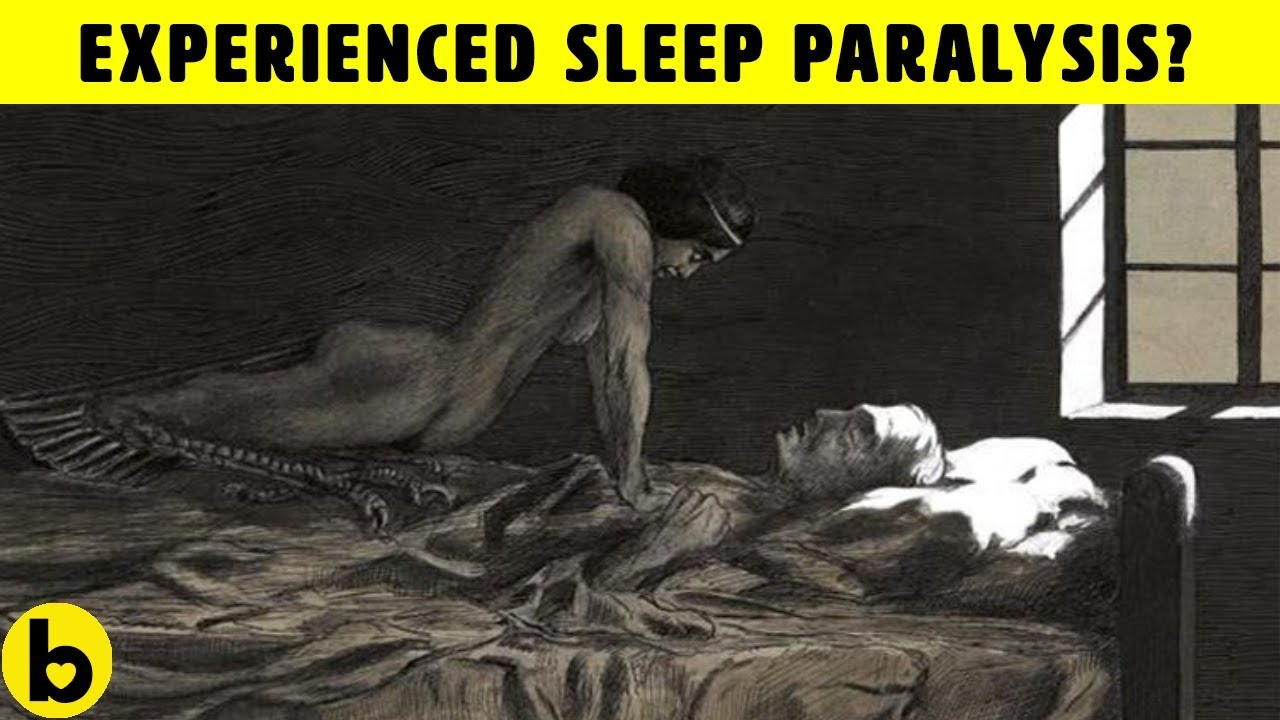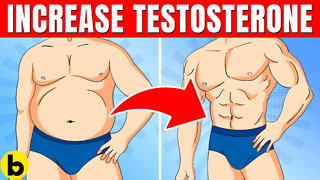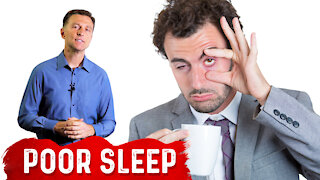Premium Only Content

Sleep Paralysis Symptoms, Causes And Treatment
Sleep Paralysis is when you to wake up in the middle of the night and can’t move.
#Sleep #SleepParalysis #SleepDisorder
Music:
https://www.youtube.com/audiolibrary/music
Summary:
Imagine this. You go to bed after a regular day, just like you do every night. Then, sometime after midnight, your eyes open. You know you’re awake because you can feel, hear, and see everything around you the same way you did before you fell asleep.
But slowly, you realize something’s off. Your mind is awake but you can’t move. It feels like there’s something crushing your chest. That’s when panic sets in and you realize you’re awake in a nightmare.
This sounds like something straight out of a Stephen King novel, but it’s actually a phenomenon that happens to a lot of people. In fact, “being awake in a nightmare” is the most common way people describe this condition (along with “waking up dead”).
Sleep paralysis, as it’s commonly known, has puzzled every culture around the world for hundreds of years. People from all around the world have described this condition and could only provide spiritual and esoteric explanations. Today, with the help of science, we have a deeper understanding of what it means.
So what is it exactly? Thanks to modern research, we now know that sleep paralysis originates from issues with REM sleep. During REM sleep, the body gets frozen by the brain in order to stop you from physically acting out your dreams while you’re asleep. This kind of paralysis that happens during REM sleep is natural and normal (called REM atonia). It becomes unnatural when a person is awake while their body is experiencing that REM atonia. It sounds pretty horrifying, doesn’t it? If you’ve ever experienced sleep paralysis you’re probably well aware of how scary it can be, and how it can have a huge impact on the way you live your everyday life. In fact, many people who suffer from sleep paralysis often experience lack of sleep because the thought of experiencing it makes them want to avoid sleeping all together. It may also affect their mental health as well as their physical health as they try to navigate through their daily lives with a sleep schedule that is often severely affected or non-existent at all.
-
 11:06
11:06
Bestie
2 years ago12 Ways To Increase Your Testosterone Levels Naturally
8481 -
 6:40
6:40
Starko
4 years agoTerrifying Facts about Sleep Paralysis
54 -
 3:56
3:56
Dr. Eric Berg
4 years agoThe 9 Symptoms of Sleep Deprivation
1422 -
 1:16:31
1:16:31
Omar Elattar
9 months agoThe Untold Story: How Vans Became a $3 Billion Dollar Shoe Empire In 75 mins
200 -
 LIVE
LIVE
Lofi Girl
2 years agoSynthwave Radio 🌌 - beats to chill/game to
230 watching -
 1:56:31
1:56:31
The Pascal Show
14 hours ago $0.17 earnedGHISLAINE FLIPS?! DOJ Receives SECRET LIST of 100 Epstein Associates!”
1821 -
 10:17
10:17
Dr Disrespect
11 days agoIt's Time To Get Serious
174K27 -
 2:15:09
2:15:09
Badlands Media
21 hours agoDevolution Power Hour Ep. 375: Obama’s Orders, Ukraine’s Collapse & the Inversion of Justice
251K66 -
 2:32:03
2:32:03
BlackDiamondGunsandGear
11 hours agoAFTER HOURS ARMORY w/ DLD & John from GOA & FLR
20.4K3 -
 1:05:28
1:05:28
Man in America
12 hours agoTREASON? Obama, Hillary, and Soros in the New World Order Agenda EXPOSED w/ Mel K
76.1K57